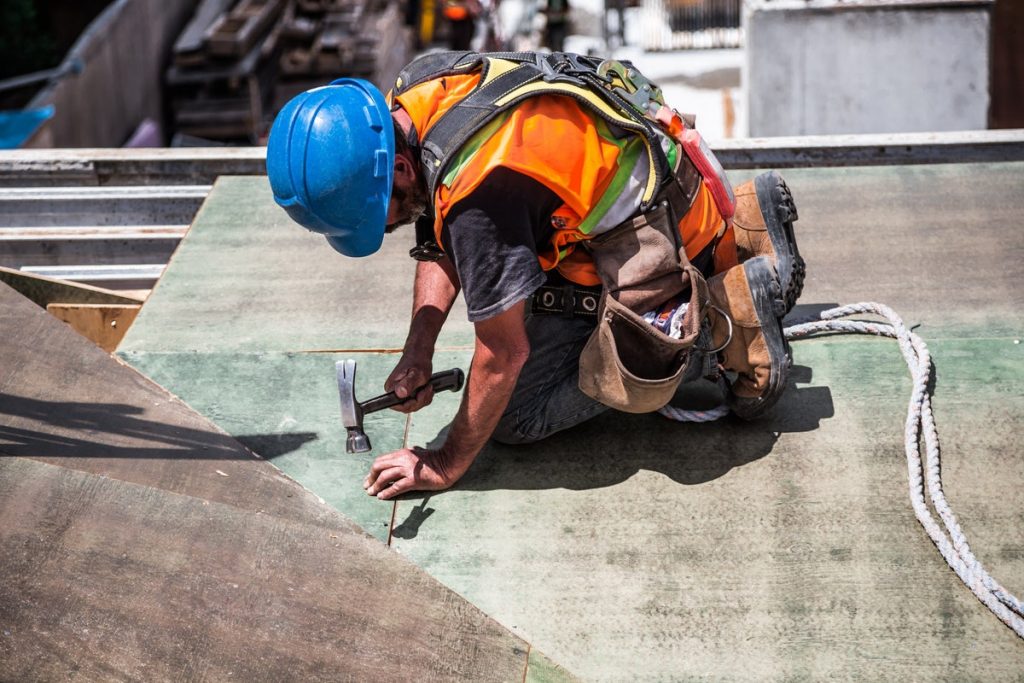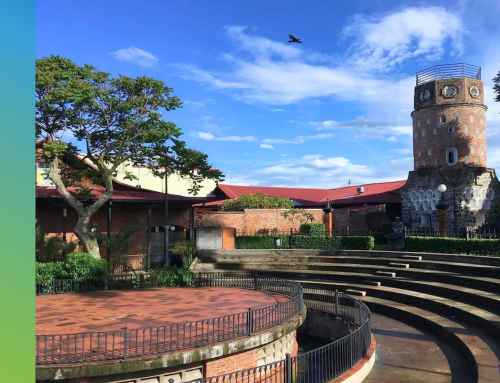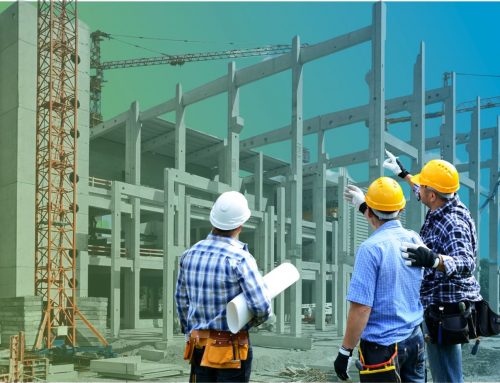Since the Law on Strengthening Public Finances was passed and with it, the Value Added Tax (VAT), there have been many doubts about how our pockets will be impacted. Use Nativu to better understand the fiscal impact on your past, current and future property investments.
First of all, we have to clarify “what the VAT is”?
The Ministry of Finance explains promptly that this is an indirect tax, which is charged to consumers of various products and services, with a general rate of 13% and reductions in specific sectors to 4%, 2% and 1%.
Its purpose is to regulate that all businesses are up to date with their duties, and reduce the tax evasion rate.
How will it apply to real estate construction?
The rates for construction, engineering, architecture and topography services are included in the list of sectors that charge VAT. However, the projects that were registered in the Federated College of Engineers and Architects of Costa Rica (CFIA) before September 2019, received differentiated rates and special treatment.

From 2019 to July 2022, the rate will gradually increase until it reaches its regular 13%. Meaning that, in these first years, the projects registered in the CFIA will have a significant reduction in the taxes.
What about the legal work?
According to the Summa Magazine and the General Manager of Argo Strategy – Don Francisco Aviles -, the tax on the sale of houses, lots and others does not work with VAT. This legal issue is worked with the Tax on the Transfer of Real Estate, which is around 2.32%.
There will be a small difference when the notary fees of the transfer with 13% VAT are taxed. Which will mean in the worst case an increase of 0.27% of the transaction, provided that this is done after June 30, 2019
Francisco Avilés – General Manager of Argo Strategy

As this note sums up, VAT is a reality that applies to real estate, but now you already have more clear information and some reliable sources, which will facilitate your understanding of this new project.
You may be intimidated at first instance by the VAT, but don’t be overwhelmed, consult experts in the area such as the Ministry of Finance itself and gradually you will master it.






